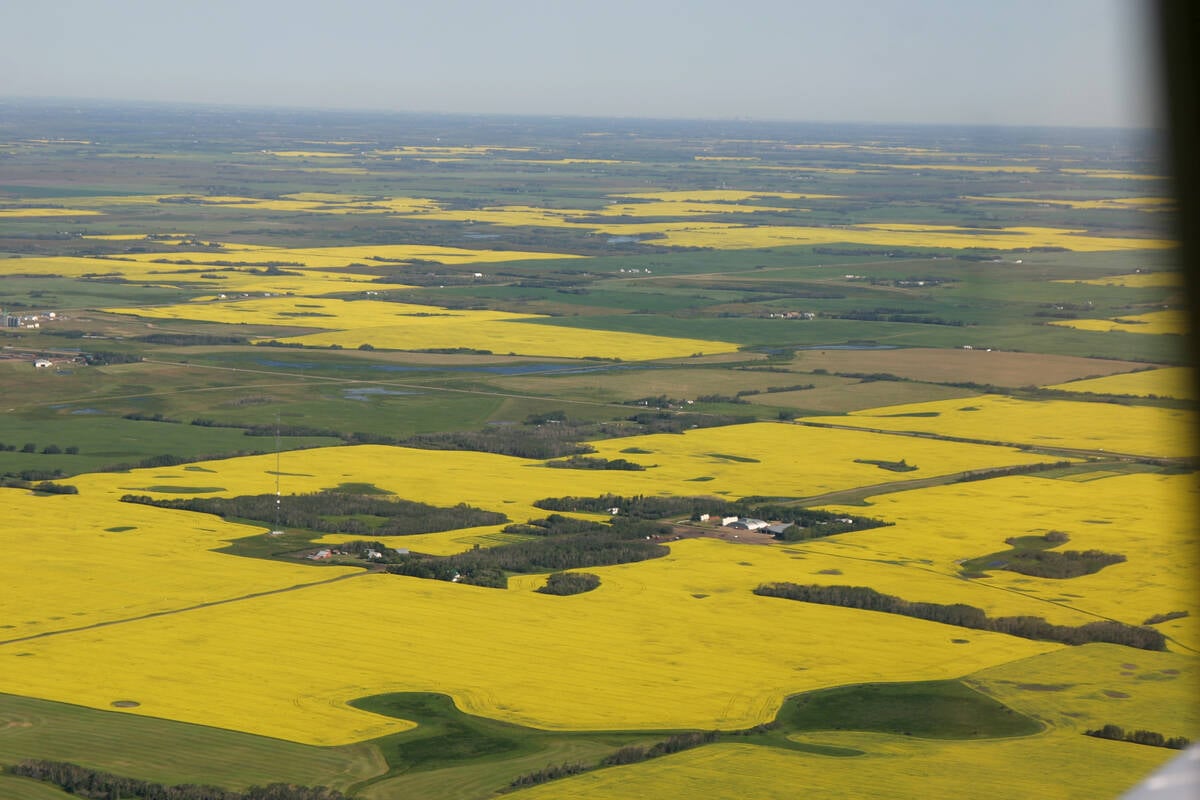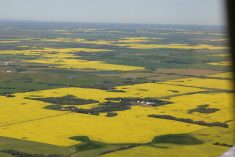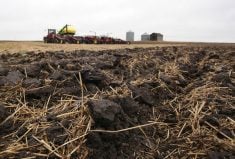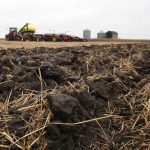Agriculture has largely been pushed off the parliamentary agenda by terrorism in recent times but last week, critics of agriculture minister Lyle Vanclief found their voices again, accusing the minister of a variety of sins.
From accusations of information manipulation to complaints about food safety and stinginess in the face of farm financial problems, Vanclief was under attack.
He rejected all charges.
Senators got into the act, accusing the minister of snubbing their agriculture committee and demanding that he be called before the full Senate to account for his record on agriculture.
Read Also

Increasing farmland prices blamed on investors
a major tax and financial services firm says investors are driving up the value of farmland, preventing young farmers from entering the business. Robert Andjelic said that is bullshit.
Canadian Alliance agriculture critic Howard Hilstrom caught the mood of the criticism when he sent Vanclief a letter accusing him of misusing the information from a publicly funded opinion poll.
The Ekos poll showed strong public support for farm aid while an earlier leak from the department suggested evidence pointed to declining public support.
“You are to be farmers’ advocate within cabinet,” Hilstrom wrote Oct. 18. “Sadly, I see these decisions as evidence that instead of advocating for farmers’ needs, you view your job as a defender of government decisions, even when these decisions are not in the best interest of farm families.”
Hilstrom said this perception “is permeating throughout rural Canada” and asked Vanclief to release all the polling data the department has on public attitudes about farm aid.
By week’s end, the minister had not responded.
Earlier, Vanclief had riled New Democrat critic Dick Proctor by insisting the farm income outlook is rosy.
On Oct. 17, Proctor referred to departmental farm income projections that suggest a sharp decline in realized net farm income in 2002. He said Vanclief had dodged earlier requests for government action on drought effects by saying he wanted to see the results of the harvest first.
“The numbers are in and without doubt there is another disaster looming in rural Canada,” said Proctor.
“Now that he is armed with the facts, will the minister inform the House how the government intends to respond to this latest agricultural crisis?”
Vanclief referred to projections that 2001 income will be up, in part because of close to $4 billion in program payments.
“The realized net farm income in Canada this year will be the highest it has been in a number of years,” responded the minister. “Those are the facts.”
Later, Proctor accused Vanclief of being “deliberately obtuse. He knows full well that there’s a farm income crisis with huge implications for provinces like Saskatchewan and Prince Edward Island.”
He is unable to get more help from cabinet so “he tries to pretend that all is well,” said Proctor.
At the end of the week, Saskatchewan Alliance MP David Anderson accused Vanclief of not having a plan to protect the Canadian food system from bio-terrorism. He succeeded in convincing the House of Commons agriculture committee to hold a public hearing on the issue Oct. 23.
Vanclief insisted an emergency action plan is available if there are threats of food contamination and he accused the opposition of scare mongering with their accusations.
“I can assure Canadian citizens that we will do all we can to make sure that our food continues to be safe,” he told the Commons.
Vanclief was scheduled to appear before the Senate agriculture committee Oct. 18 but cancelled his appearance.















